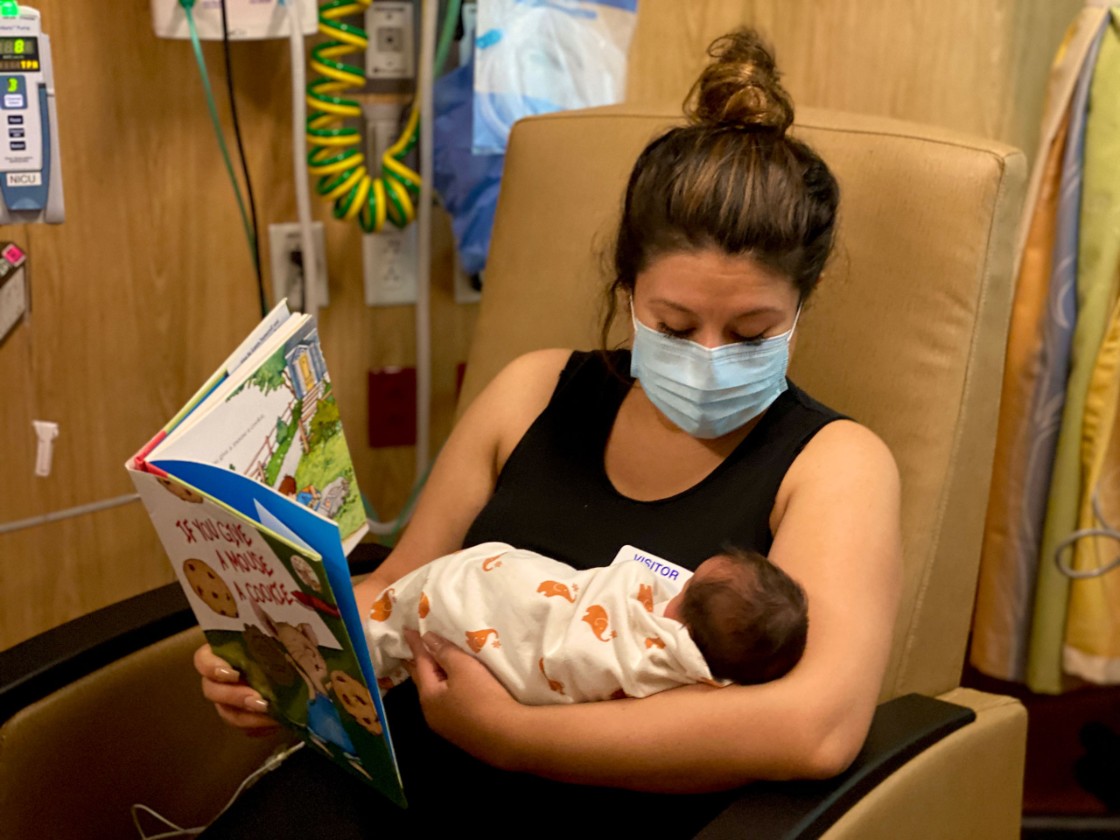Every expectant mom needs peace of mind knowing she’ll receive the best possible care when the big day arrives. That’s why we offer 24-Hour Obstetrical and Gynecological Services.
Board Certified OB Laborists remain on-site 24 hours a day, 365 days a year to provide consistent care when an obstetrician is unavailable or en route to the hospital. They treat patients in the hospital, and provide emergency care to those arriving in Labor and Delivery regardless of time, complication, circumstance or insurance status.
Pregnant women should have complete trust in the quality of care provided by their entire care team during their Labor and Delivery process. Ensuring sufficient pain management throughout labor and delivery is absolutely essential. You can have complete confidence in the expertise of our facility's Board Certified Registered Nurse Anesthetists (CRNA), who are available on-site 24/7, every day of the year. Their presence ensures immediate access to epidurals and emergency care, providing mothers with the assurance that their comfort and safety are our top priorities.





